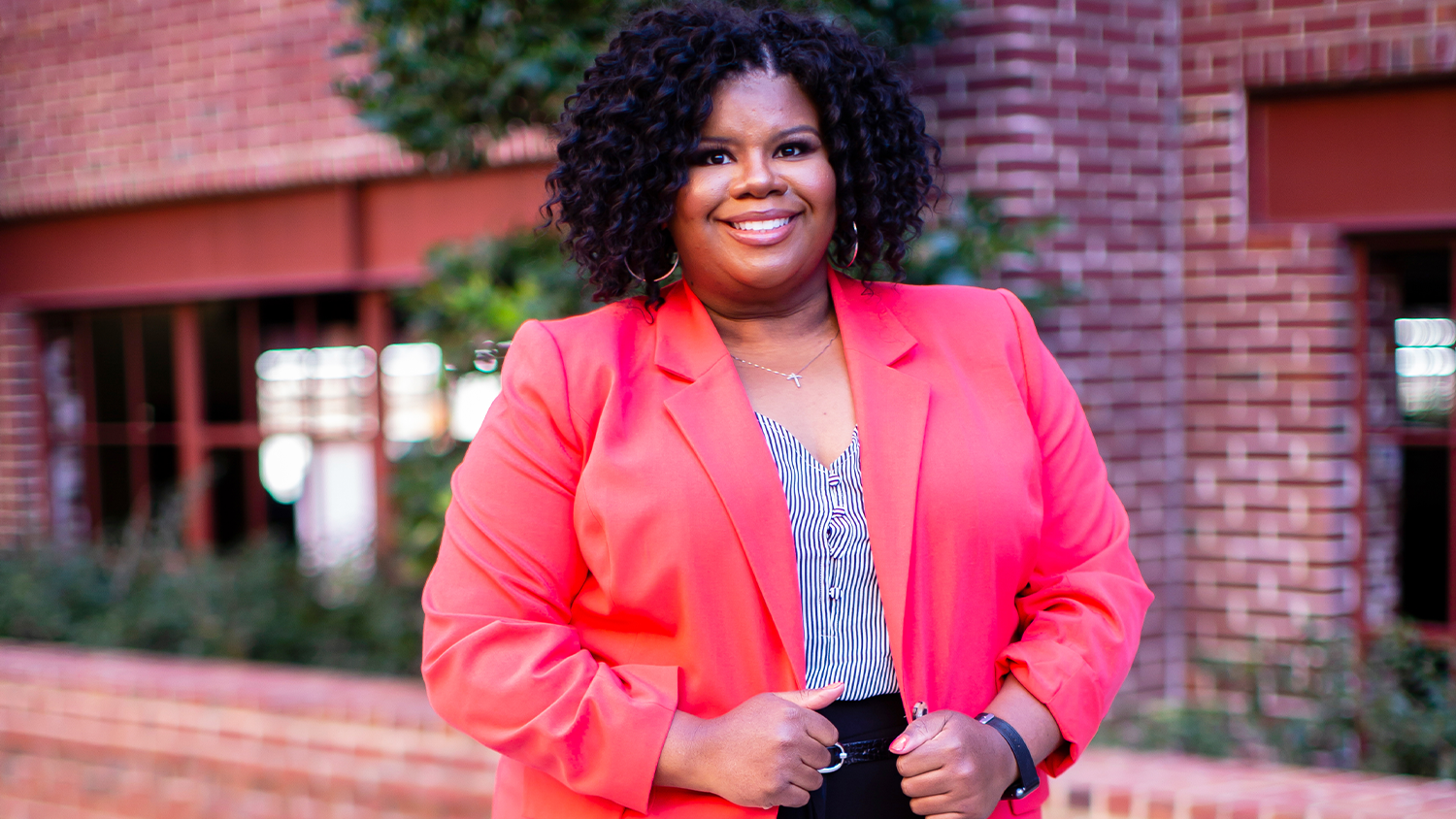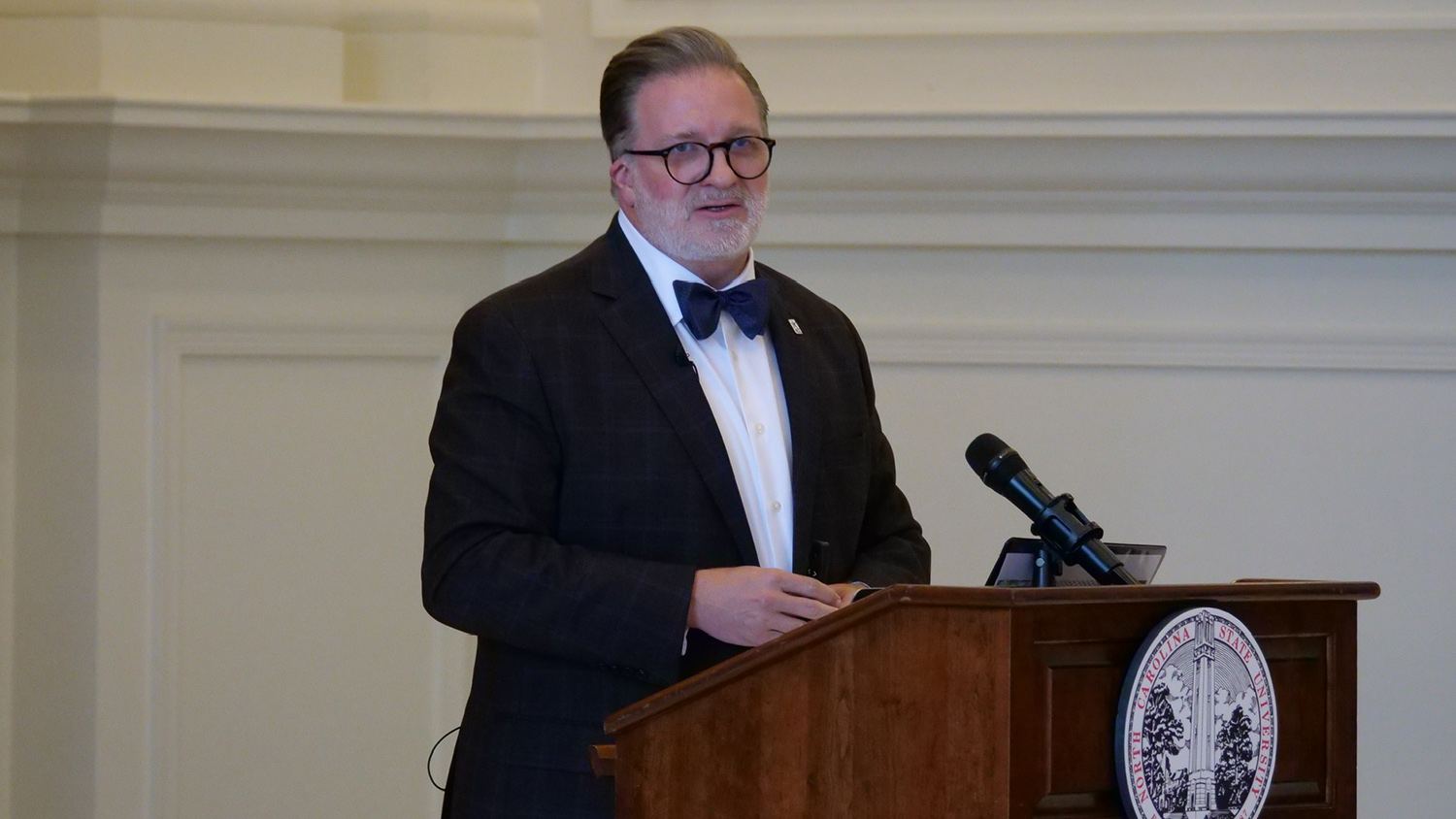Assistant Professor Jamie Pearson Addresses Need for More Diverse Representation in Autism Research through Keynote Lecture, Publication

Black children often face disparities when it comes to being diagnosed with and receiving access to resources for autism, but NC State College of Education Assistant Professor of Special Education Jamie Pearson said Black voices are also often absent from autism research.
In a recently published article entitled “Patterns in reporting and participant inclusion related to race and ethnicity in autism intervention literature: Data from a large-scale systematic review of evidence-based practices” Pearson and the lead authors note that only 25% of intervention studies for autistic youth between 1990 and 2017 reported race as a variable of analysis. This means that the majority of evidence-based practice interventions currently in use were validated without diverse and representative samples.
“We, as a field, as a profession, have not only not done a good job of including Black voices in autism research, but we’re not including Black autistic adult voices in research,” Pearson said during the Goldstick Family Lecture in the Study of Communication Disorders. The lecture was held in the College of Education at The University of Illinois at Urbana-Champaign, where Pearson earned her Ph.D.
During her lecture on Sept. 22, Pearson discussed how her own work with Fostering Advocacy, Communication, Empowerment and Supports (FACES) has provided resources for Black families of children with autism and the importance of having a research team and research participants who represent a wide range of cultural and ethinic backgrounds, genders and neurodiversity.
She also offered the following pieces of practical advice that researchers and practitioners can utilize to help make the field of autism research more inclusive.
- Leverage community connections: “Culturally responsive research has to be collaborative. It’s not something we do in silos, it’s not something we do alone. I haven’t done a single project around supporting marginalized families by myself. I’m absolutely always partnering with community-based providers and with families. I’m always building advisory boards that include participants or those like our participants.”
- Acknowledge cultural beliefs embedded in the lives of families of autistic children: “As practitioners or clinicians, it’s not our job to go into a family’s home, for example, and try to change the orientation or the dynamics of what their cultural norms are. It’s our job to learn more about what that means for them and how might my intervention, how might my research, how might my practice fit into these families’ lives and their cultural practices.”
- Challenge the status quo: “Anything that you might be used to, if you feel that this is not really working towards addressing the needs of racially and historically marginalized families, what can you do differently? How can I sit in a space of discomfort to think about addressing the needs of families who are marginalized in autism research and in access to services? Really think about how to push that button forward.”
- Categories:


